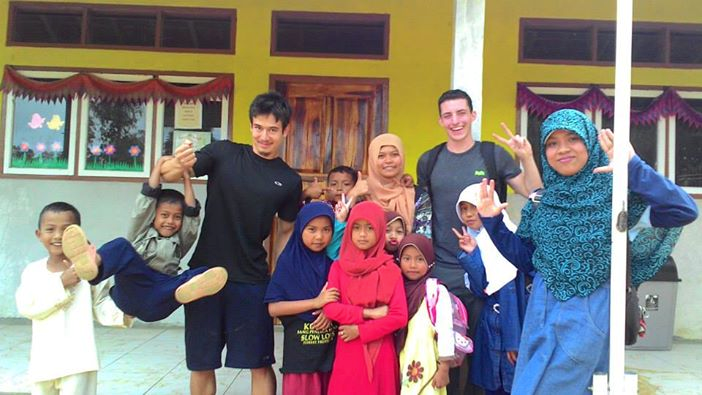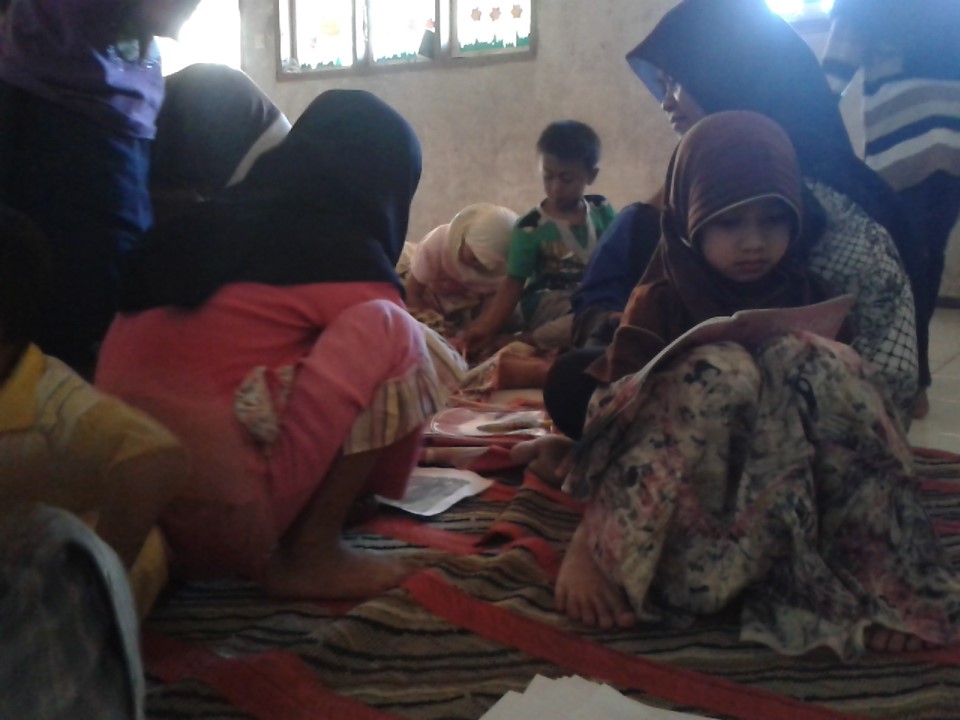
Education was pretty new to me when I arrived at LFP. I had given a few talks but never interacted with a group on a regular basis, especially a group of children! So I was excited to start running our weekly Nature Club.
The group we work with range in age from 4 – 10 so the level of understanding varies greatly within the class and the activities that interest them vary greatly as well. Some kids love to draw, the boys never seem to tire of seeing me juggle, almost all love the conservation-related games we play at the end of each session and every one of them loves to get stickers! But aside from the fun, there is a genuine interest in learning about the natural environment.
A few weeks ago I was watching as one of our volunteers handed out paper and pencils for some drawing. Most of the children were looking for their favourite colouring pencils and sharpening them to a lethal point. But I noticed one of the girls sit apart for a minute to write the vocabulary we had discussed in her notebook before starting to draw. This was totally of her own initiative and illustrated to me how much she wanted to learn. And she is not the only one, the drawings andcomments from the kids show such originality and thought that I harbour secret hopes that we have a number of budding conservationists and biologists in our midst.

For example last week when we taught the kids about some new animals and asked them which were their favourites, I expected a lot of the same answers, but most children chose different animals and almost everyone chose different reasons.
Little things like this keep me attuned to how important nature education is for children. A love for the natural environment can be imprinted at any stage in life but there is a certain type of passion that I believe can only be sparked at a young age and I find it a privilege to get to be a part of this for these kids.
- Dan Bergin, Field Station Coordinator
